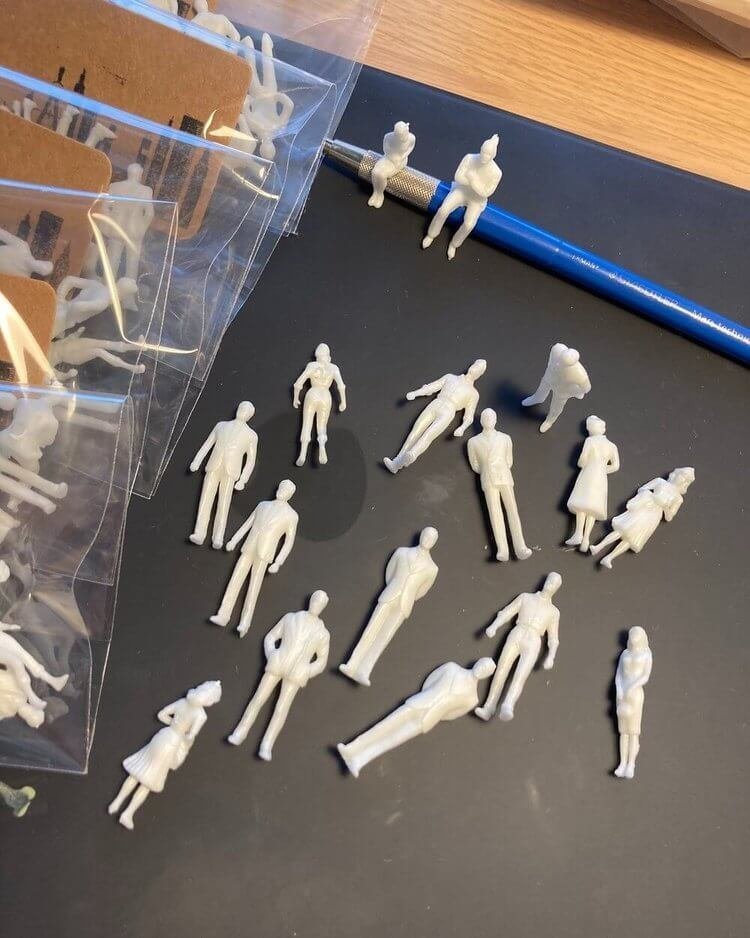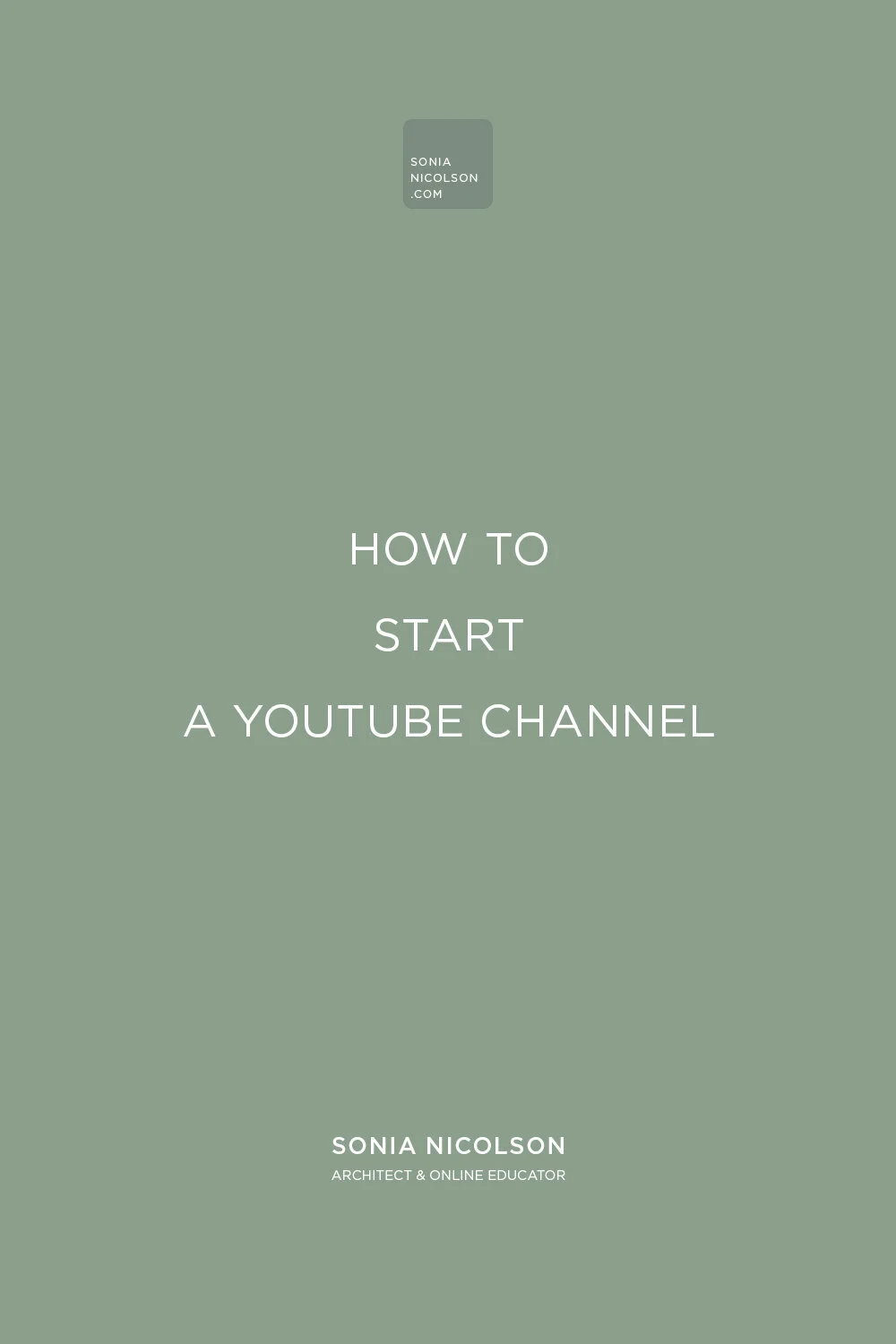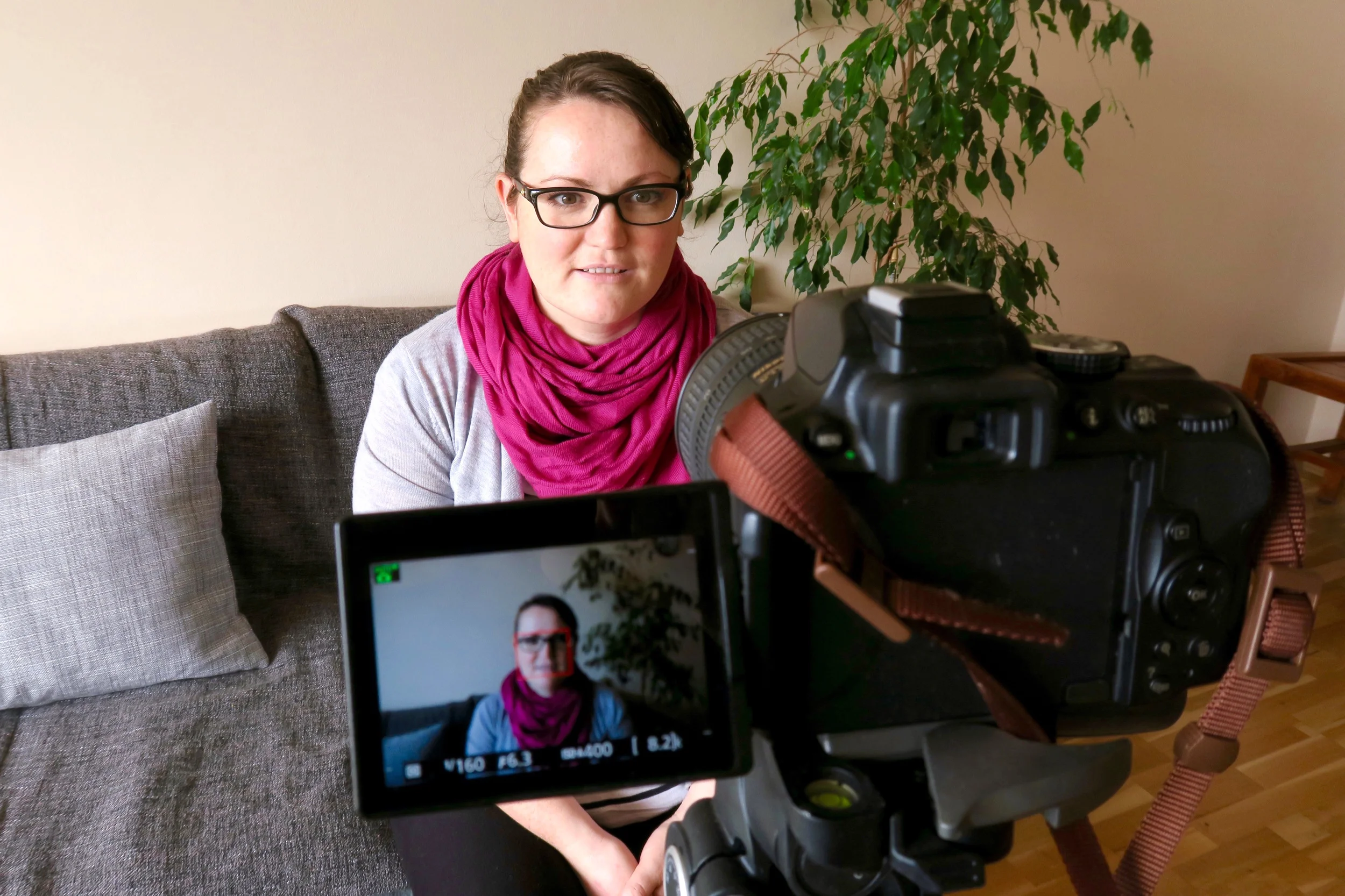University Advice: Which Schools, Why You Should Have Back-Ups and How To Get Funding
/Embarking on the journey to higher education is a significant milestone, filled with exciting opportunities and crucial decisions. As a former University Lecturer, this blog post is dedicated to answering some of the most common questions I’ve encountered from students and parents.
We’ll explore the different types of educational institutions (schools, colleges, and universities), why having backup schools is essential, and the various funding options available for higher education.
Whether you’re just beginning your college or university search or are about to pack your bags for university, this guide will provide valuable insights to help you make informed decisions. If you have any questions, feel free to drop them in the comments below or reach out to me on Instagram.
Higher Education Institutions
When considering higher education, it's important to understand the different types of institutions (schools) available. Each offers unique experiences and advantages, so choose the right one depending on your academic goals, personal preferences, and career aspirations.
High school is the foundation of your educational journey. It’s where you’ll complete your secondary education, earning the credentials needed to apply to colleges or universities.
College
Colleges are institutions that offer undergraduate programs, leading to associate or bachelor's degrees. They are often smaller than universities and focus on providing a more personalised education experience.
Typically you can complete a Diploma or Advanced Diploma and this can be a more affordable option to get some skills training and experience before entering the job market. Some students will leave school and attend college before transferring to a university program.
University
Universities are larger institutions offering both undergraduate and graduate programs. They provide a diverse range of subjects (majors) and advanced research opportunities (PhD).
Depending on where you live or want to study, you can choose from:
Public Universities: State-funded institutions
Private Universities: Funded through tuition, donations, and endowments, often providing more financial aid options
Research Universities: Focus on producing cutting-edge research, offering extensive resources for students pursuing graduate and doctoral degrees.
Why You Should Have Backup Schools
Applying to college or university is a competitive process, and even the most qualified students might not get into their top-choice school. This is where having backup schools becomes crucial.
Benefits of Backup Schools
Peace of Mind. Knowing you have other options can reduce stress during the application process.
Exploration of Alternatives. Sometimes, a backup school might offer programs or campus life that better suits your needs than your initial first choice.
Increased Chances of Admission. Applying to a range of schools increases your chances of receiving an acceptance letter.
Funding Your Higher Education: What Are Your Options?
Paying for college can be a daunting task, but there are several funding options available to help make higher education more affordable.
Scholarships and Grants
Merit-Based Scholarships: Awarded based on academic, athletic, or artistic achievements.
Need-Based Grants / Bursaries: Provided based on financial need, typically from the government or the institution.
Private Scholarships: Offered by companies, organisations, or individuals (ask at your school and local library)
Student Loans
It’s not ideal but you might have to consider it.
The most common option is a student loan provided by the Government (Federal loan) as these often have lower interest rates and offer more flexible repayment options. Always check the terms, if and when interest rates apply, and when repayments start.
If you can not get a student loan, some students take private loans provided by banks or other financial institutions, usually requiring a co-signer and having less flexible repayment terms.
Work-Study Programs
Many colleges and universities offer work-study programs that allow students to work part-time while attending school. This can help offset tuition costs and provide valuable work experience. Also, consider taking a gap year to help fund your studies.
READ: Should you take a gap year
Choosing the right school, having backup options, and understanding your funding opportunities are essential steps in your higher education journey. By staying informed and preparing ahead, you can navigate this process with confidence.
































